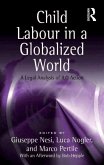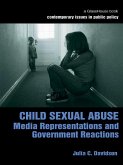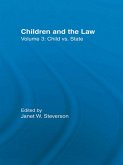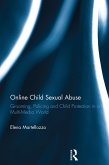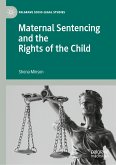Although proven effective in protecting pregnancy, giving birth and breastfeeding that is, the biological differences of women related to maternity the current European Union (EU) legislative framework on maternity leave tends to overlook the roles of both parents, especially during the post-delivery period of ';bonding' with the child. This framework, along with EU law on parental leave, which does not encourage an equal take-up of the leave, gives rise to serious issues of gender equality affecting both men and women. This deeply researched and urgent book proposes alternative options for future EU law on child-related leave which can be applied to both employees and self-employed workers to mitigate these limitations and side effects. Analysing the various EU Directives which, directly or indirectly, relate to maternity leave, paternity leave, adoption leave and parental leave, as well as the corresponding case law of the Court of Justice of the EU, the author uses a social risk approach and tackles the following issues: narrow focus of the legislation on the delivering mother's incapacity to work; in practice, excessive emphasis on the protection of the delivering mother; silent assent to the unequal distribution of caring responsibilities within the family; lack of attention to women's labour market outcomes; and the new direction followed by the recently adopted Directive on work-life balance. The research focuses on working parents (including non-delivering parents in same-sex couples or adoption) and includes a comparative analysis of the law of six countries Belgium, Ireland, Spain, the United Kingdom, Sweden and Portugal chosen to illustrate the variety of national schemes available and how their desirable features can be introduced into EU law. A more balanced design of child-related leave is a must in today's society for reasons of fairness and also for economic considerations. This complete analysis of EU legislation and case law about child-related leave including the first-ever systematic and in-depth analysis on whether maternity leave can be considered discriminatory against fathers and a review of economic literature on how child-related leave affects the situation of women in the labour market offers forward-looking solutions for child-related leave to enhance gender equality. Practitioners and nongovernmental organisations dealing with EU and national matters related to labour and employment law, social security law and gender equality law will welcome this important book, as will academics and policymakers interested in maternity and other child-related leaves.
Dieser Download kann aus rechtlichen Gründen nur mit Rechnungsadresse in A, B, BG, CY, CZ, D, DK, EW, E, FIN, F, GR, HR, H, IRL, I, LT, L, LR, M, NL, PL, P, R, S, SLO, SK ausgeliefert werden.



